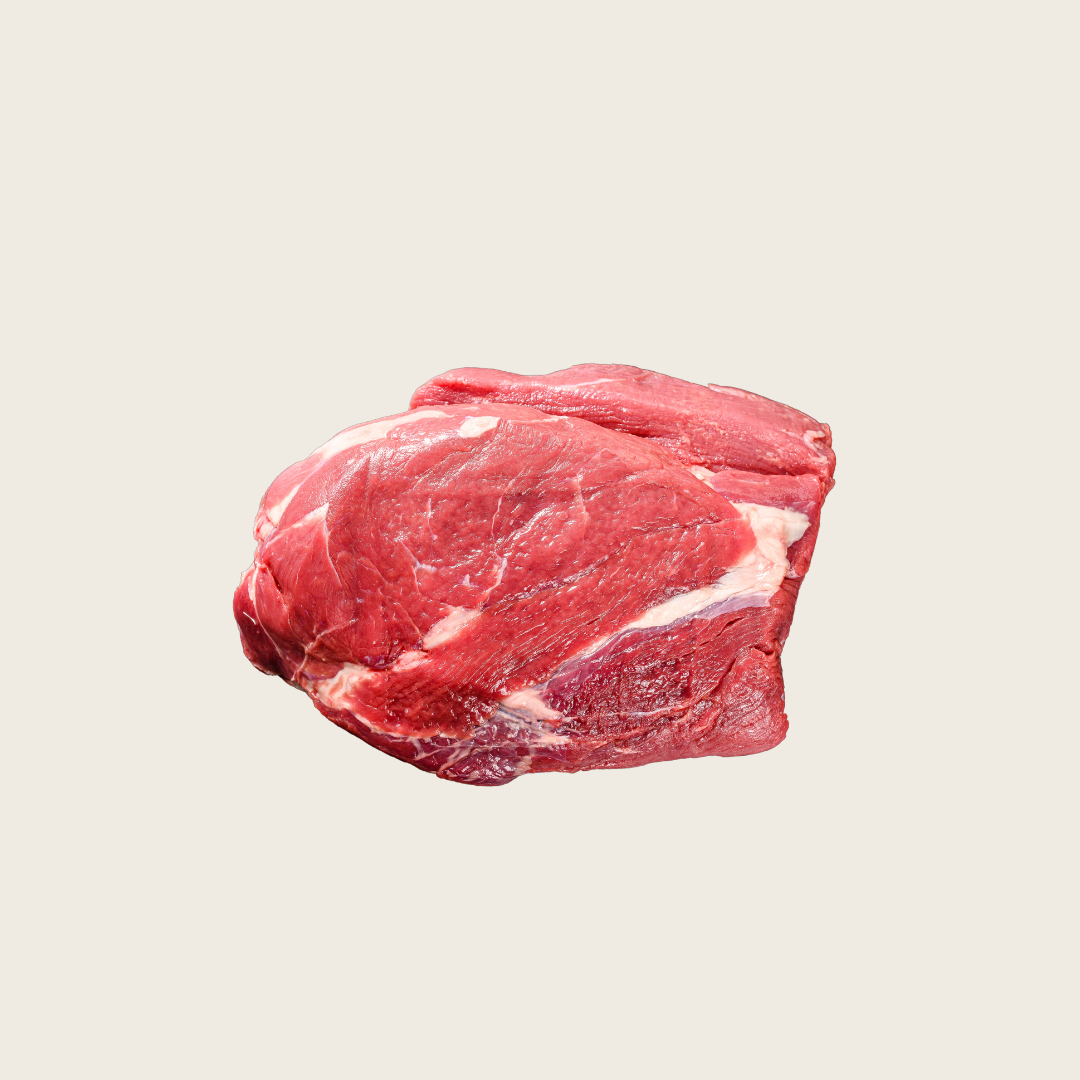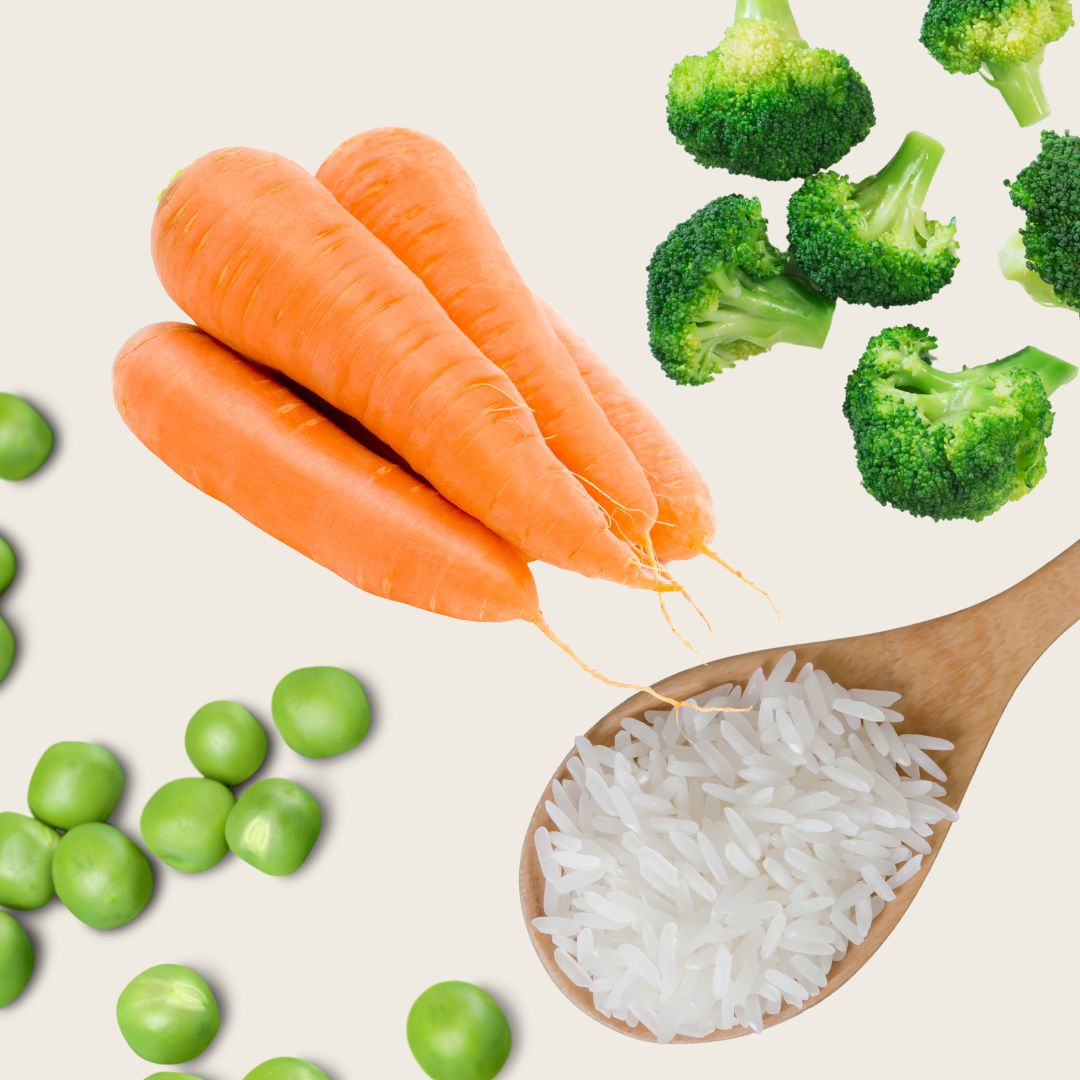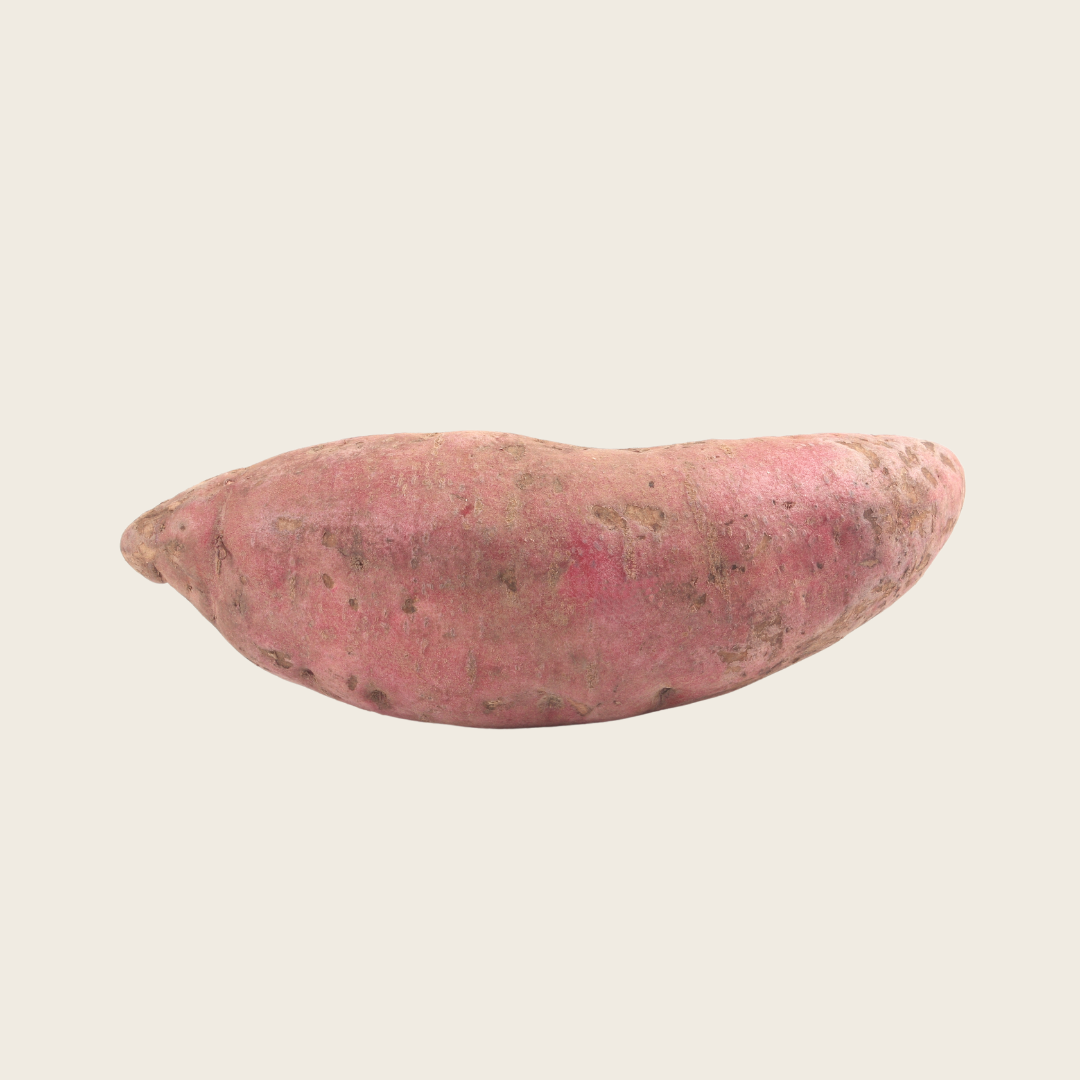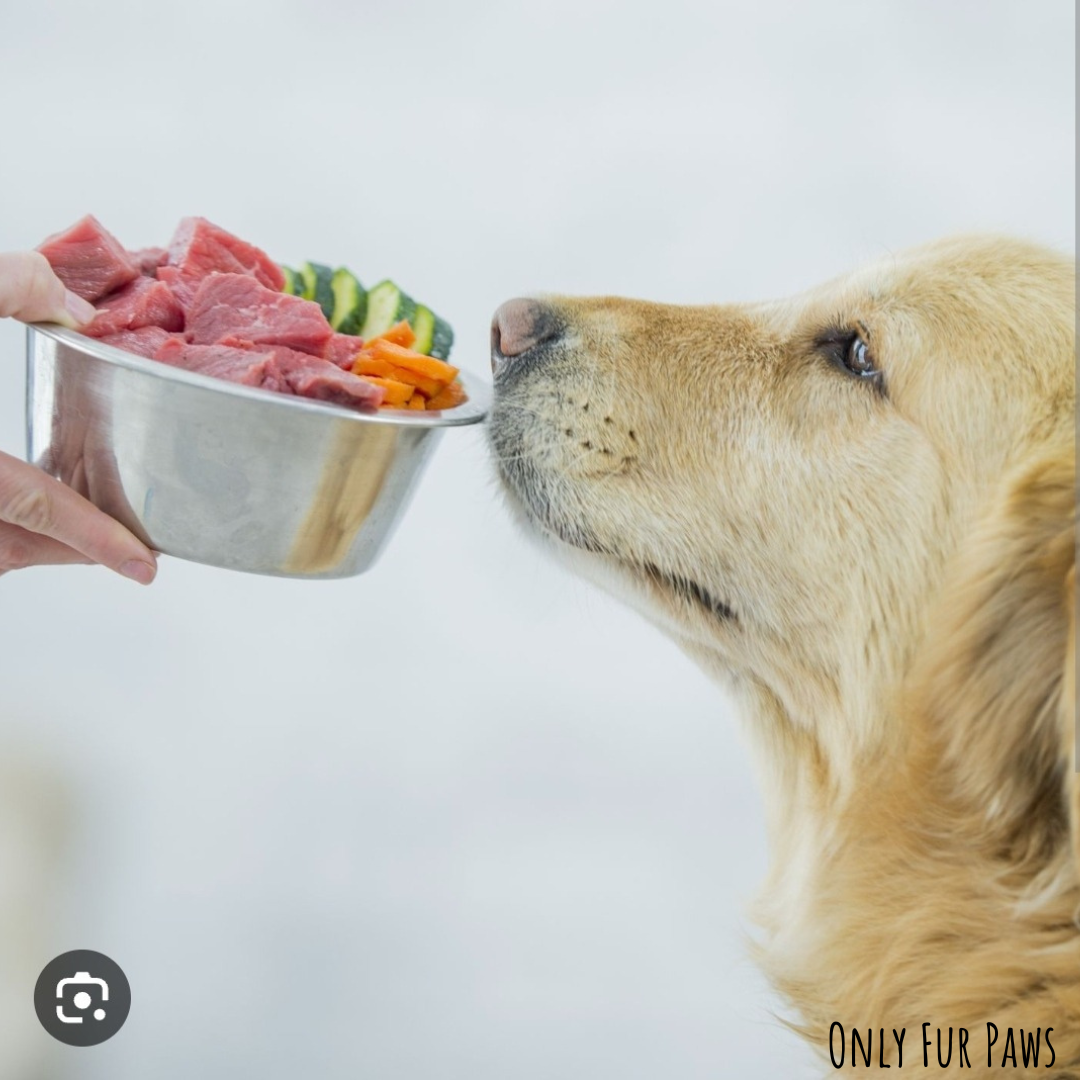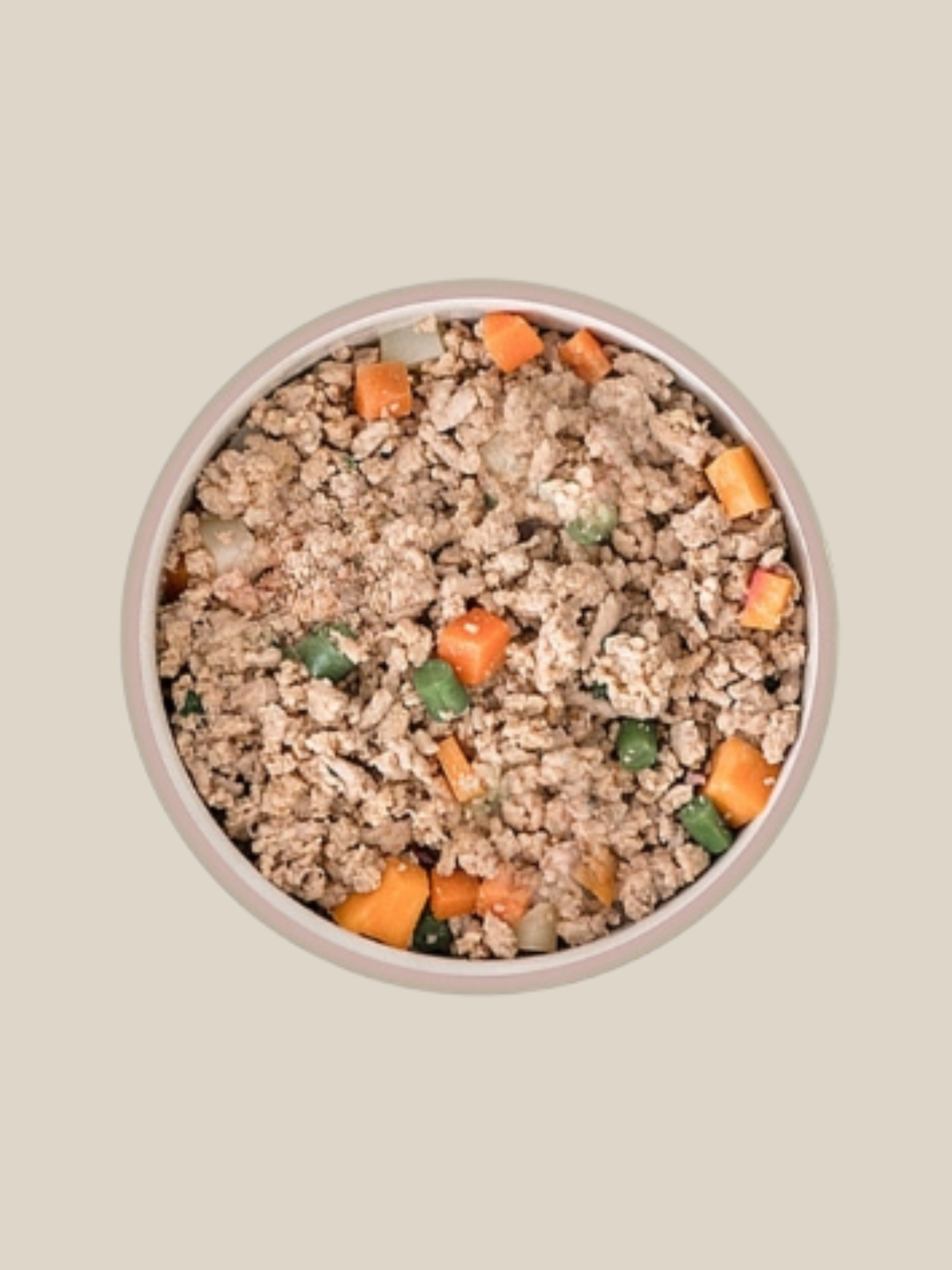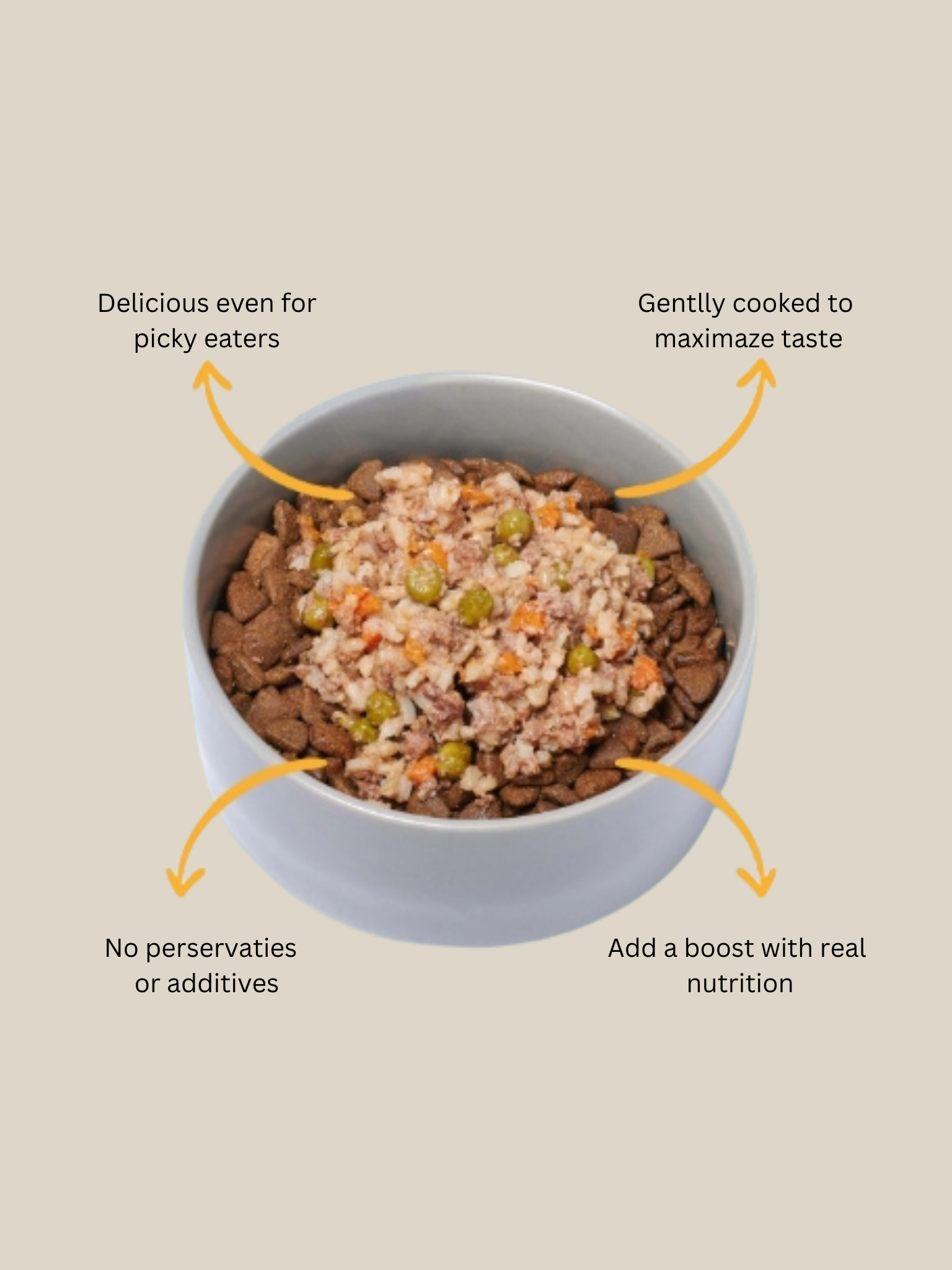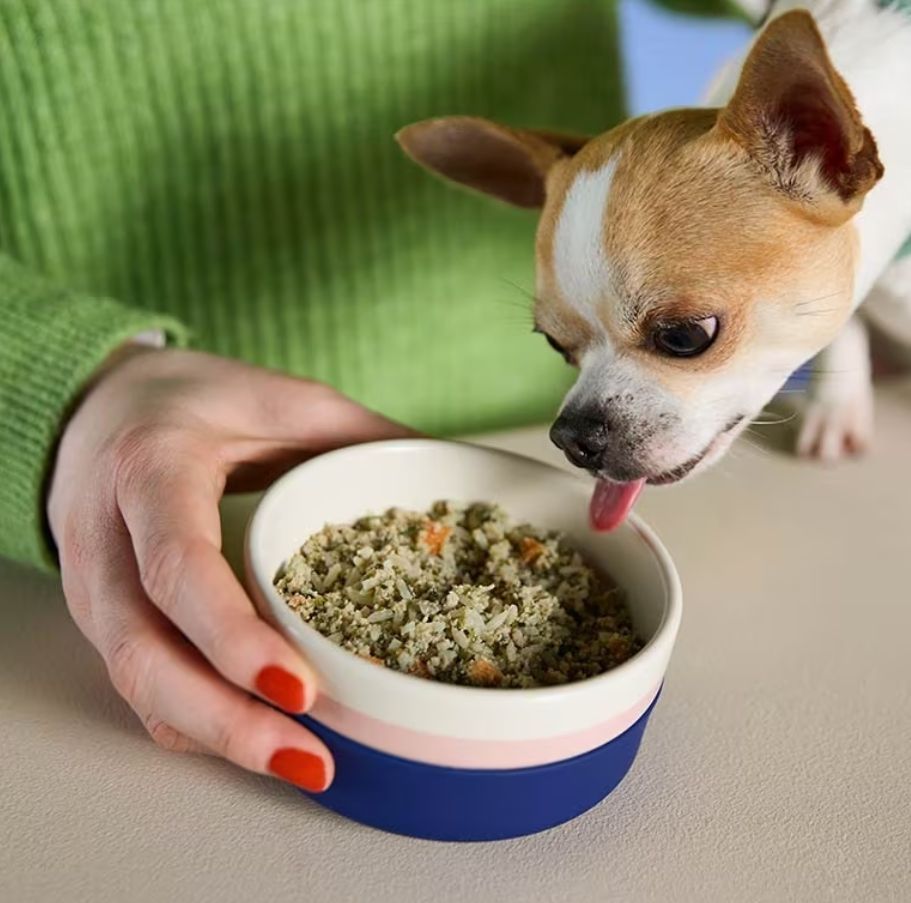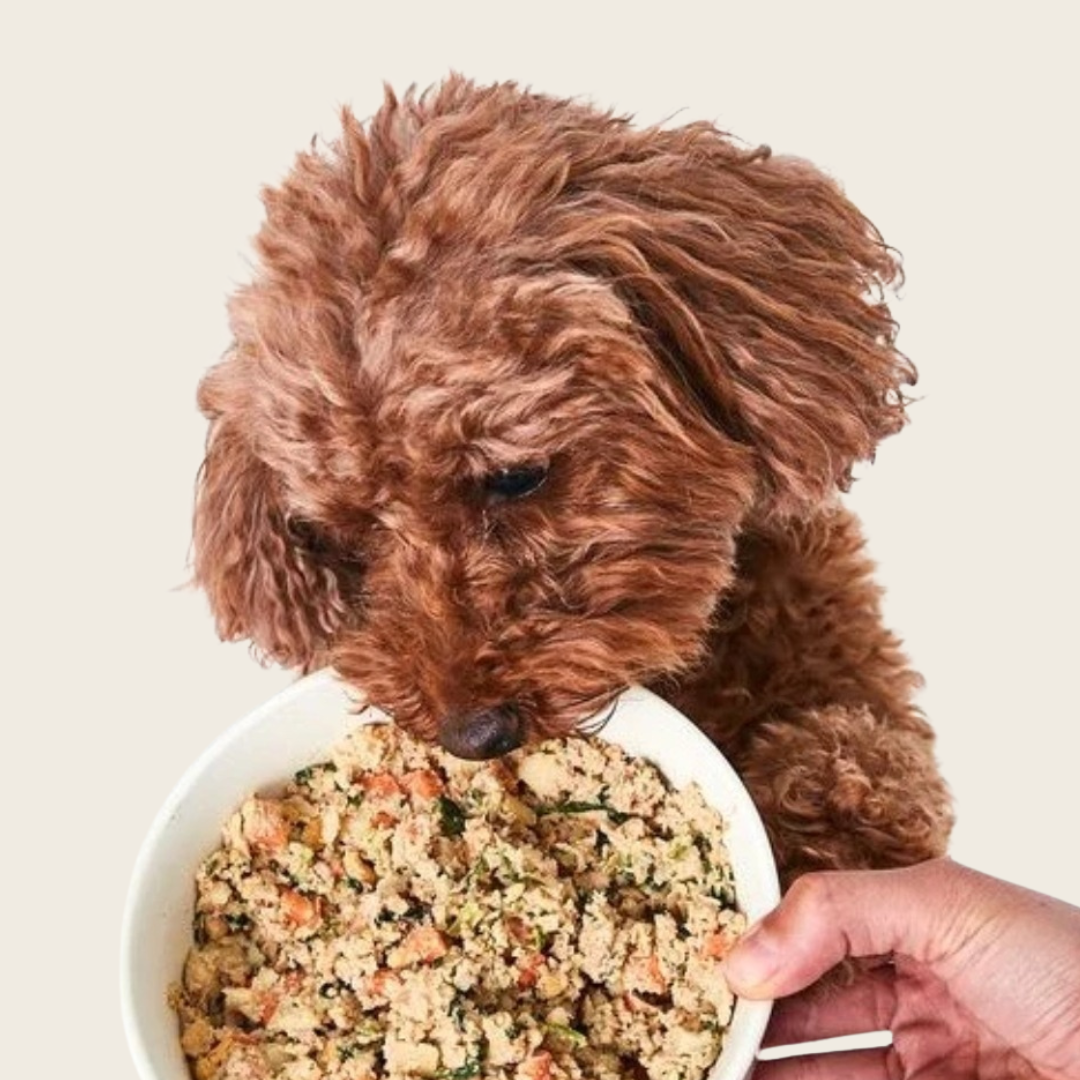Only Fur Paws
Provide your dog with the same foods as humans
Quality Ingredients
Wholesome foods
About us
Only Fur Paws was created with a singular mission in mind: to help dogs who suffer from sensitive stomach issues and food allergies. We firmly believe that many of the problems that dogs encounter in relation to these health challenges stem from the nutrition and foods they consume within their diets. In fact, poor-quality ingredients found in many commercial dog foods can be detrimental to a dog's health and lead to a variety of issues over time. By focusing on high-quality, carefully sourced ingredients, we aim to provide solutions that promote better digestion and overall well-being, ensuring that our canine companions can thrive without the discomfort that often accompanies dietary sensitivities.
Nutritious ingredients
Our meats are sourced from reputable and high-quality providers, including local farms and health food markets.
we use quality ingredients
Overall health supported by good quality food

Happy tails, feedback from dogs enjoying Only Fur Paws.
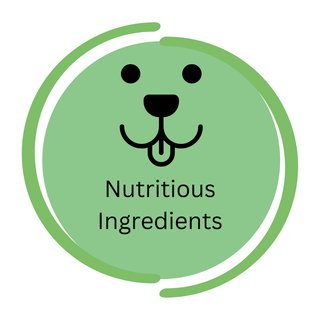
Crafted with nutrient-rich ingredients to promote your dog’s well-being.
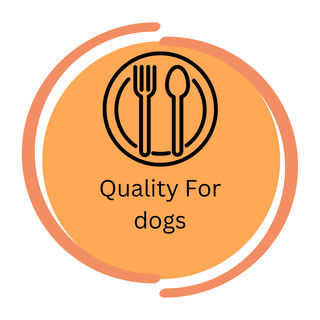
Genuine Foods for Dogs.
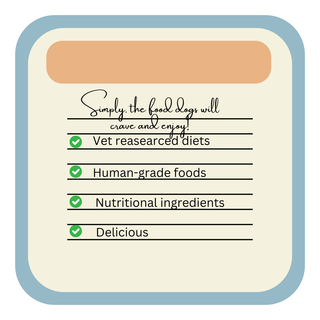
Simply delicious!
Vet approved foods
Creating great nutrition, for great dogs
Large breeds
(50lbs & up)
Full meal $68/week
Half meal $59/week
Mixed $41
Benefits of nutritious foods for dogs
01
Quality
Includes high-quality human-grade ingredients.
02
Better digestion
Quality foods can lead to better digestion.
03
Improved coat
Free of artificial preservatives not approved for human consumption.
